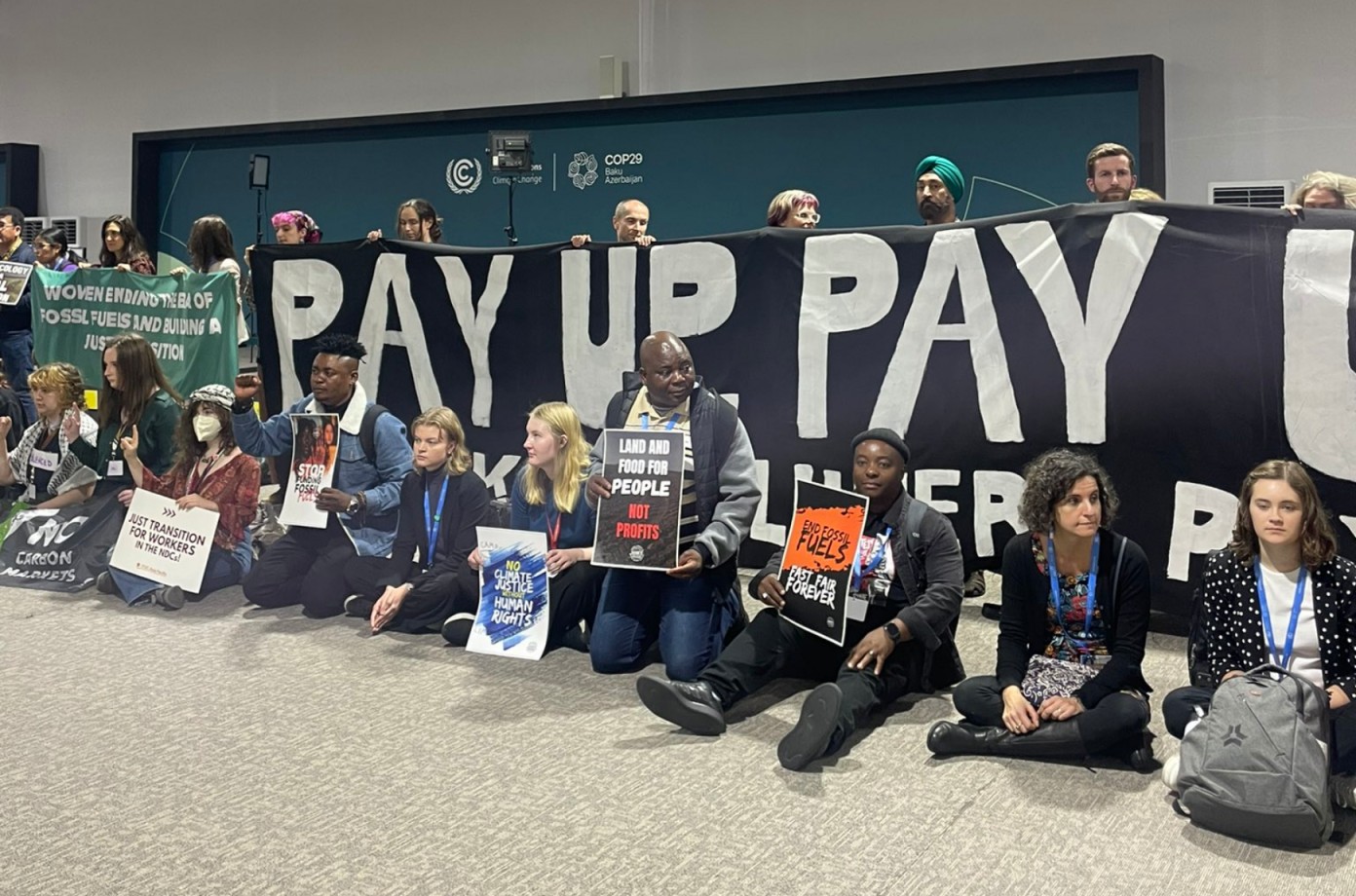Developing nations have faulted the $300 billion annual global finance target adopted at the COP29 summit in Baku to aid poorer countries cope with adverse effects of climate change.
The developing countries termed as insufficient the amount hurriedly passed as the summit concluded in Azerbaijan even as some delegates received the news with a standing ovation.
Some delegates from the poorer nations criticized the wealthy nations, who are the biggest polluters, for doing too little to shield their nations from adverse effects of climate change.
The pact adopted at the two-week conference is meant to give impetus to ongoing efforts across the globe to tackle global warming during one of the hottest years ever recorded.
Simon Stiell, Executive Secretary of the United Nations Framework Convention on Climate Change (UNFCCC), lauded the outcome admitting that talks leading to the deal were tough.
Read More
The deal will provide USD300 billion yearly to poor nations by 2035, coming in the face of a two-year delay in providing USD100 billion climate finance yearly as they pledged by 2020.
Countries from Europe have been pushing for China, the world's second-largest economy and polluter, and oil-rich Gulf states among others to also contribute to the ambitious kitty.
Also included in the controversial settlement is an ambitious plan to raise USD1.3 trillion in climate finance each year by 2035 to incorporate all privately and publicly raised financing.
However, Greenpeace Africa has joined other African delegates in terming the agreement a betrayal to poorer countries and insufficient for climate-vulnerable communities globally.
“The Global North's offer again isn't just inadequate - it's an insult to every African already suffering from climate disasters. This isn't climate finance - it's climate colonialism,” stated Greenpeace Africa Pan-African Political Strategist Fred Njehu.
He added: “While our continent burns, floods, and starves from a crisis we didn't create, wealthy nations offer pennies while pocketing billions in fossil fuel profits.”
The delegates also settled on regulations to be followed in buying and selling carbon credits that they believe will help raise billions of dollars more to help in combating global warming.
This comes even as the election of Donald Trump as US president cast doubts in Baku on whether the US, the world’s largest economy, will meets its climate finance obligations.
This is because Trump, who assumes office in January 2025, previously termed climate change a hoax and threatened to remove America from International Climate Cooperation.
The Baku pact prepares the way for 2025 climate summit in Amazon rainforest in Brazil with participating nations expected to outline a roadmap for climate action for the next 10 years.












